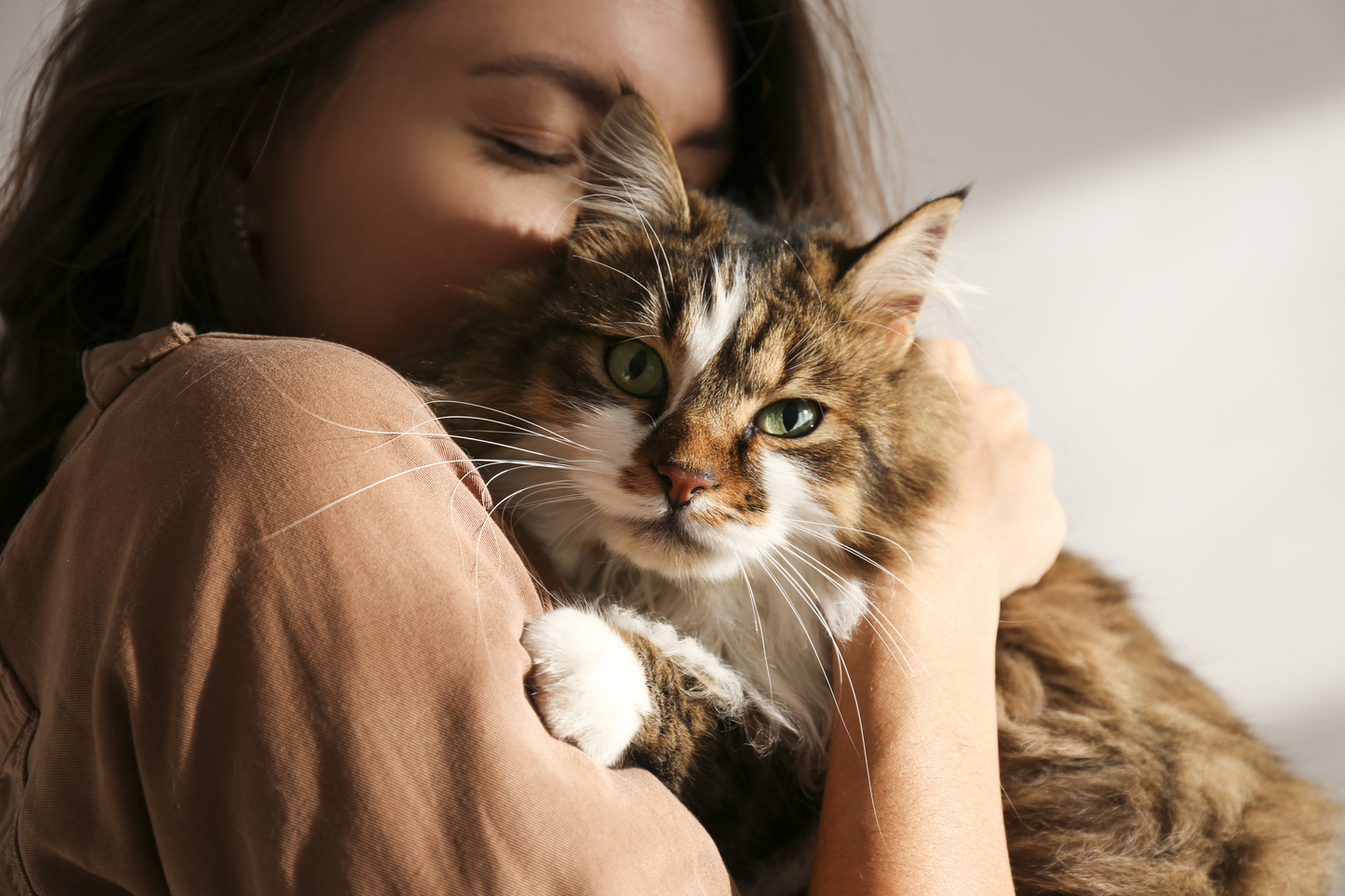
Understanding Kidney Failure in Aging Cats
As our feline companions age, they become increasingly susceptible to various health challenges, with kidney failure being one of the most prevalent issues. Understanding the complexities of age-related decline in cats' kidney function is crucial for pet owners to provide the best care and support for their cats. In this guide, we delve into the nuances of kidney failure in aging cats and explore strategies to help manage this condition effectively.
Kidney failure, also known as chronic kidney disease (CKD), is a progressive condition characterized by the gradual loss of kidney function over time. In aging cats, the risk of developing kidney failure significantly increases, making it a common concern among pet owners and veterinarians alike.
Causes and Risk Factors
Several factors contribute to the development of kidney failure in aging cats, such as:
- Age-related decline in kidney function: As cats grow older, the efficiency of their kidneys naturally decreases, making them more vulnerable to kidney disease.
- Genetics: Certain breeds, such as Persians and Siamese, are predisposed to kidney issues, highlighting the role of genetics in disease development.
- Diet and hydration: Poor hydration and a diet high in phosphorus and protein can exacerbate kidney damage in aging cats.
- Underlying health conditions: Conditions such as hypertension, hyperthyroidism, and urinary tract infections can accelerate the progression of kidney disease in senior cats (7+ years old).
Use our free, 1-minute kidney risk assesment to check if your pet is at high risk for kidney disease and get a discount code for all Kidney-Chek products!
Signs and Symptoms
Early detection of kidney failure is paramount for effective management. It is important to remember that seeing symptoms may mean your pet’s kidney health may have declined by up to 70%. Early testing with screening tools like Kidney-Chek and a yearly vet visit are the best ways to avoid long-term illness.
Common signs and symptoms of kidney disease in aging cats include:
Increased thirst and urination
Kidney disease is when a cat's kidneys lose their ability to efficiently filter and excrete waste products from the blood. This leads to them needing increased water intake and bathroom breaks to get rid of all the waste product build up in their body.
Decreased appetite and lethargy
The loss of kidney function leads to an increase in waste build up in the blood. This can be harmful to our cat's body, and preventing them from eating as much as they used to. They have less energy as a result and may not be as mobile or interactive.
Vomiting and diarrhea
Decreased appetite and increase of waste build up in the blood leads to our cats feeling nauseous and unable to retain nutrients. As a result, they excrete their food before they are able to take in energy from it.
Bad breath (uremic breath odor)
A build up of waste in the blood gets into the saliva of our cats, leading to bad breath. Cats with kidney illness usually have a typical pungent or sweet smelling breath, called uremic breath.
Poor coat condition and muscle weakness
Due to improper kidney function, cats lose more potassium from their body leading to poor hair coat, and muscle stiffness and weakness.
Diagnosis and Treatment
Diagnosing kidney failure in aging cats typically involves a combination of blood tests, urinalysis, and imaging studies to assess kidney function and identify any underlying conditions. Once diagnosed, you can work with your vet to figure out a personalized treatment and symptom management plan.
Treatment options may include:
- Focusing on an appropriate diet for your pet could mean a diet low in phosphorus and comprising a high-quality protein to support kidney function.
- Adequate hydration through increased water intake or subcutaneous fluid therapy.
- Medications to manage symptoms such as hypertension, nausea, and electrolyte imbalances.
- Regular veterinary check-ups and monitoring of kidney function through blood and urine tests.
- Environmental modifications to accommodate changes in mobility and comfort.
Prevention and Management Strategies
While kidney failure in aging cats may not be entirely preventable, certain strategies can help mitigate the risk and manage the condition effectively:
- Use Kidney-Chek's free, 1-minute kidney risk assesment to check if your pet is at high risk for kidney disease and get a discount code for all Kidney-Chek products.
- Provide a balanced diet tailored to senior cats' nutritional needs, with a focus on kidney-friendly ingredients.
- Ensure access to fresh water at all times to promote hydration.
- Maintain regular veterinary visits for early detection and intervention.
- Monitor litter box habits and urine output for changes indicative of kidney disease.
- Minimize stress and provide a comfortable environment conducive to your cat's well-being.
We all want to protect our cats from any long-term illness but it can be hard to protect their bodies from the affects of time. Kidney failure is a common concern among aging cats, but with preventative screening (with tools like Kidney-Chek) and regular veterinary care, affected cats can enjoy a good quality of life for longer.
Support your pet's kidneys by being aware of your pets risk, symptoms to watch for, screening for kidney disease, and taking the best steps for your kitty!
